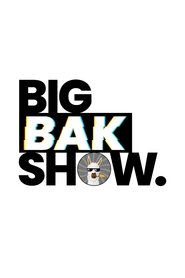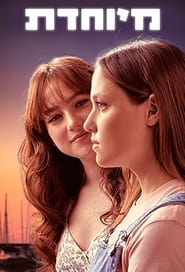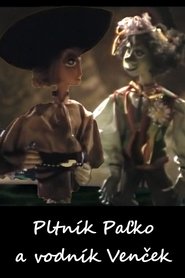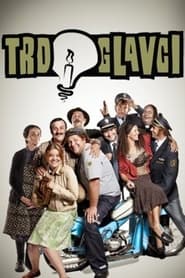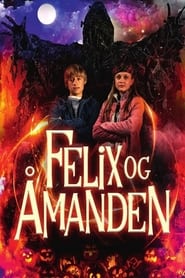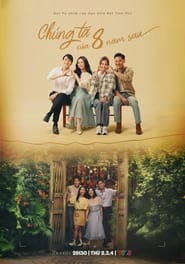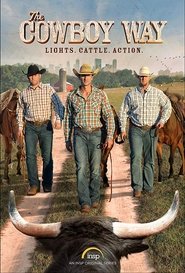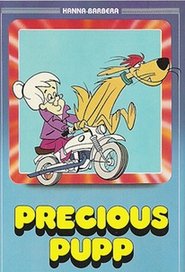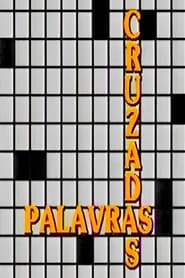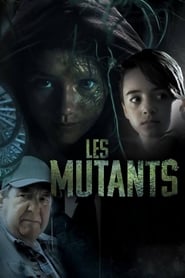Family TV Series - Page 328
-
BigBakShow
2025
BigBakShow
2025
-
מיוחדת
2022
-
Malam Malam
2019
-
Kalp Hırsızı
2014
-
The Hardheaded
2011
The Hardheaded
2011
star 10The town of Trdoglav lives its peaceful life in the idyllic Slovenian countryside. Wherever this picturesque village with the most sincere inhabitants lies, their stories and vicissitudes will make us laugh to tears. -
Felix og Åmanden
2022
-
La caja de arena
2023
-
Güzel Günler
2007
Güzel Günler
2007
-
The Cowboy Way
2016
The Cowboy Way
2016
star 4Driven by faith, family and American tradition, three young cowboys - Bubba Thompson, Cody Harris, and Chris "Booger" Brown - work hard to build their cattle business in South Alabama and live according to an old-fashioned cowboy code. -
Together Forever
2023
Together Forever
2023
When High school sweethearts Lily and Aidan embark on their freshman year at Provincetown, they quickly learn that they must figure out who they are alone in order to survive the roller coaster of college life. -
White Peak Farm
1988
-
Precious Pupp
1965
Precious Pupp
1965
The exploits of the mischievous dog with a distinctive laugh. He lives with the wealthy, motorcycle-riding Granny Sweet, who seems to think Precious is a lot more innocent than he actually is. -
Jai Kali Kalkattawali (TV Show)
2020
Jai Kali Kalkattawali (Bengali: জয় কালী কালকাত্তায়ালি, yāi kālī kālakāttāy.āli) is an Indian Bengali language anthology crime "Chalo Paltai" drama series that premiered on 24 July 2017 starring Ananya Chatterjee and Biswanath Basu. It was produced by Shree Venkatesh Films. It went off-air on 1 June 2019, airing 661 episodes. It was re-aired on Star Jalsha and Star Jalsha HD during lockdown period, due to COVID-19 pandemic. -
Palavras Cruzadas
1987
Palavras Cruzadas
1987
-
Danko&Danta, Cardboard Craft Creations!
2020
Cardboard can be found in every household. Light, sturdy and hands-on, cardboard is the "cut out" craft material to be used by families for fun! Join Danko, the cardboard girl, and Danta, the cardboard dog, and turn ordinary cardboard into wonderful figures and shapes that are found in everyday life. -
Chigley
1969
Chigley
1969
star 8.5Chigley is the third and final stop-motion children's television series in Gordon Murray's Trumptonshire sequence. Production details are identical to Camberwick Green. As in Camberwick Green and Trumpton, the action centres around a small community, in this case the fictitious village or hamlet of Chigley, near Camberwick Green in Trumptonshire. Chigley is more of an industrial area, and according to Gordon Murray, the three communities are at the corners of an equilateral triangle. A digitally restored version of the series from the rediscovered original film masters emerged in 2012. -
Les Mutants
2020
Les Mutants
2020
star 5.2In Notre-Dame-du-Lointain, a village far from major urban centers, three young people make a strange discovery. In an abandoned barn, a family of mutants is hiding: human-like beings, but struggling with horrible animal growths. Leo, Zoe, and Marcus finally understand that these people are actually members of a local family who had mysteriously gone missing a year earlier. But what happened to them? Why have they transformed?
